Ever feel like your dog could win an Olympic medal for their reaction skills? You drop a spoon and suddenly it’s a four-alarm crisis in your living room. If you live with a dog who jumps at every creak of the floorboard, you’re definitely not alone. Some breeds just have that extra sensitive “radar”—picking up on every little sound, then reacting with all the drama of a soap opera star. Let’s explore the breeds most likely to act like the world’s about to end when the neighbor sneezes.
1. Shetland Sheepdog
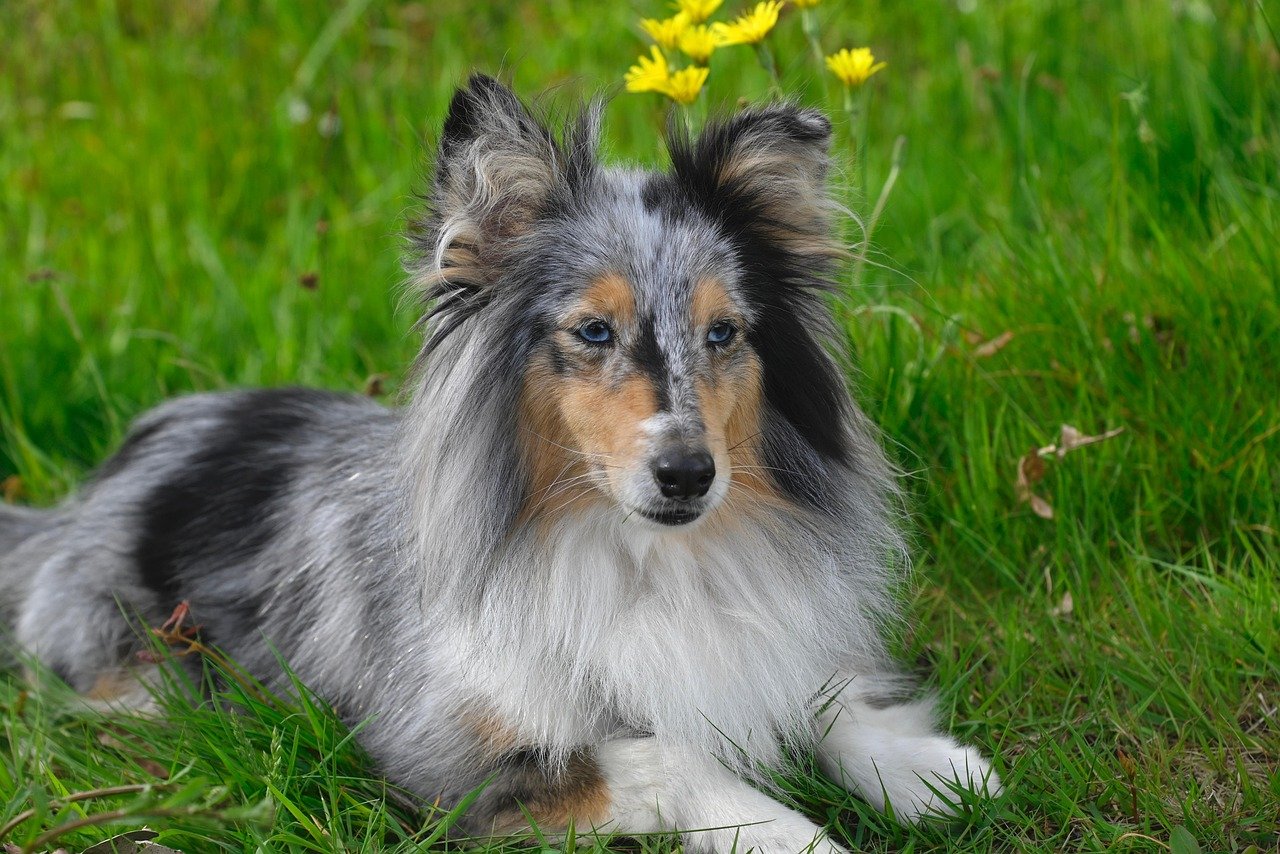
Shetland Sheepdogs, or “Shelties,” are absolute sweethearts, but wow, are they alert! These little fluffballs were bred to herd and protect, so their ears are always on duty. Even the faintest noise—a doorbell on TV or a leaf brushing the window—can send them into a barking frenzy.
Behavior-wise, you’ll notice Shelties pacing, “woo-wooing,” and sometimes shaking if startled. If your Sheltie is on high alert, try giving them a safe retreat and use gentle desensitization. Calming routines, like puzzle toys, can help distract their busy minds.
2. Miniature Schnauzer
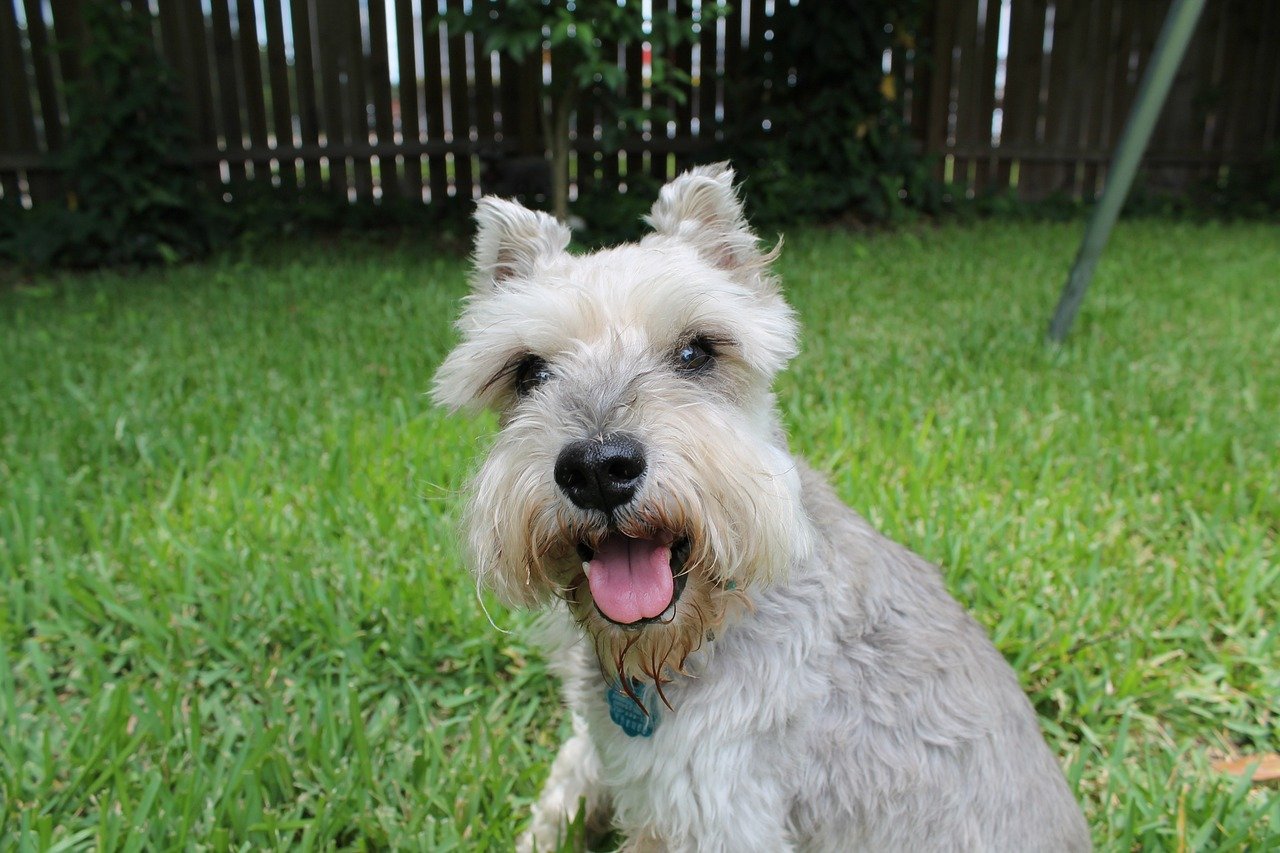
Mini Schnauzers may be pint-sized, but their reactions are anything but small. They were bred as watchdogs, so their instinct is to “sound the alarm” at anything unfamiliar. You might see your Schnauzer raise their hackles, bark sharply, or run to the window at the faintest clatter.
To help, consider background noise like soft music to muffle triggers. Training them to respond to a “quiet” cue works wonders over time. I’ve seen my own Schnauzer relax when I simply sit beside him and acknowledge that, yes, the mailman is not a threat.
3. Chihuahua
Chihuahuas are tiny, but their reactions are all heart. Every little noise—whether it’s a knock, a sneeze, or even your phone vibrating—might make them tremble, yap, or dart under the couch. Their big personalities mean they don’t hold back when startled.
Comfort is key for these little guys. Cozy beds in quiet corners and gentle petting can help soothe their nerves. Watch for signs like wide eyes or licking lips, and reward calm behavior with treats or praise.
4. Border Collie
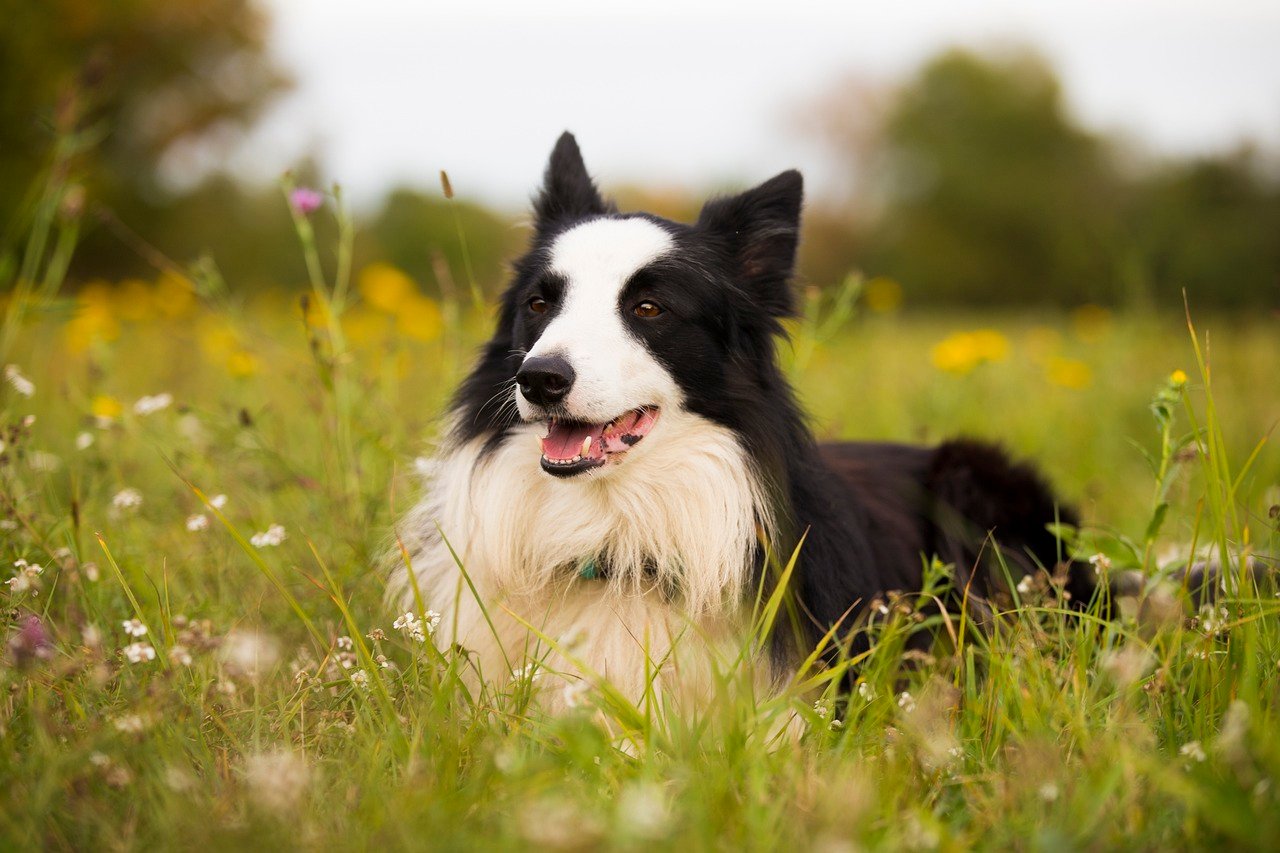
Border Collies are some of the smartest dogs out there, but their smarts make them hyper-aware of their environment. Any unexpected sound—a dropped pen or a distant siren—can set off a barking spree or a frantic dash around the house.
Mental stimulation is a must. Puzzle toys, agility exercises, and training sessions can help channel their energy into something positive. If your Collie’s noise reactions are escalating, slow introductions to sounds in a safe space can help them build confidence.
5. Jack Russell Terrier
Jack Russells are fearless—but also famously reactive. They were bred as hunting dogs and have super sharp senses, so every sound is a potential “prey.” This can mean sudden barking, jumping, or running in circles when they hear something out of place.
A tired Jack Russell is a happy one. Plenty of playtime and routine walks can reduce their jumpiness. If your Jack becomes agitated, try redirecting their attention with a favorite toy or a quick training command.
6. Beagle

Beagles have incredible noses and equally impressive ears. They were bred to alert hunters, so their first instinct is to vocalize when they hear something odd. Beagles may howl, bay, or bark if a neighbor slams a door or a bird chirps nearby.
To help your Beagle feel secure, provide a predictable environment. Using white noise or gentle music can mask outside sounds. Be patient—sometimes they just need a little extra reassurance that everything’s okay.
7. Dachshund

Dachshunds may be stubborn, but their sensitive hearing makes them quick to overreact. Something as simple as a creaky step or the sound of rain can turn into a barking marathon or anxious pacing.
If your Doxie is having a “noisy day,” try calming them with a soft blanket or a snuggle session. Distraction works wonders—offer a chew toy or a low-stress training game when they seem fixated on sounds.
8. Papillon
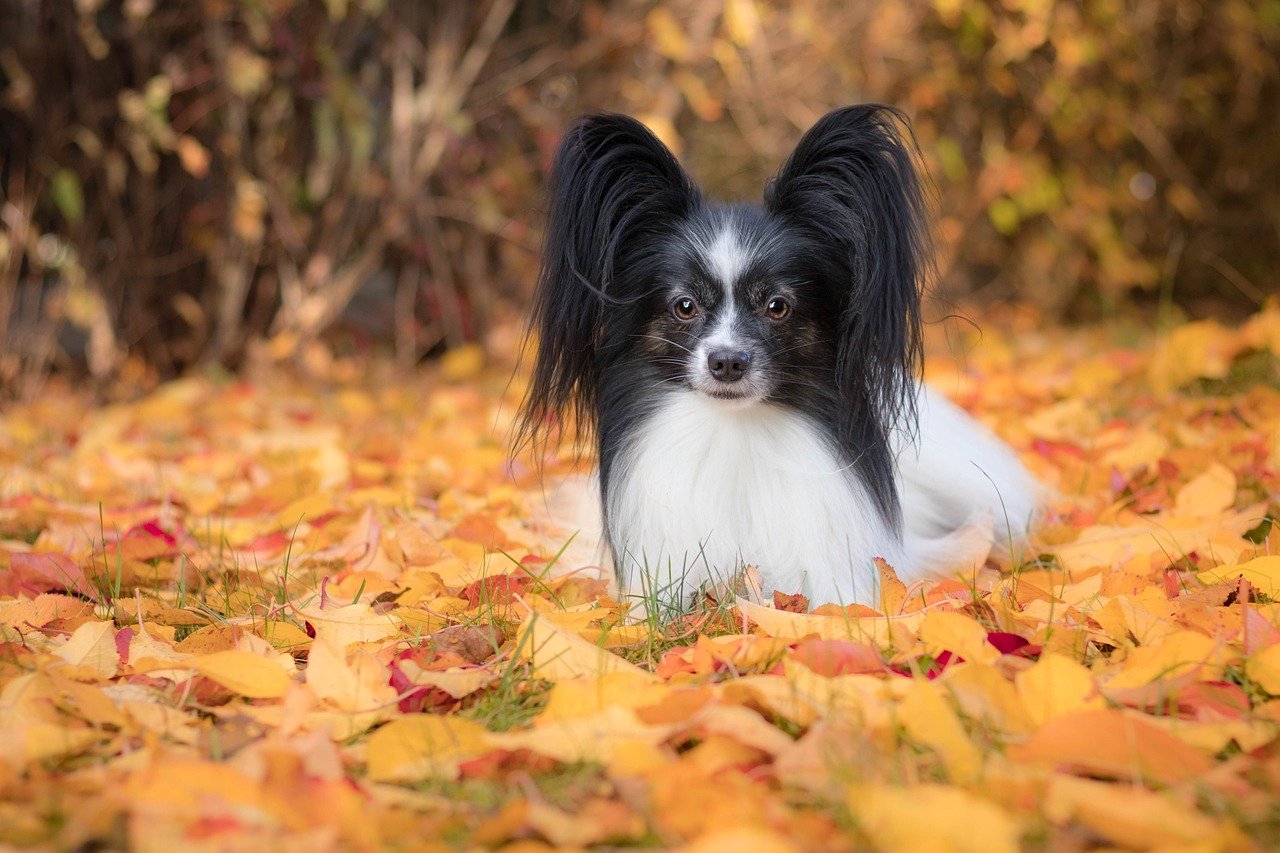
These butterfly-eared beauties are alert, lively, and deeply tuned in to their surroundings. Papillons might jump, bark, or spin in circles if they hear a new sound, especially in busy households.
Socialization is crucial. Introduce them to new noises gradually, always pairing the experience with treats and positive reinforcement. If you see stress signals—panting, yawning, or cowering—give them a break and lots of affection.
9. Yorkshire Terrier
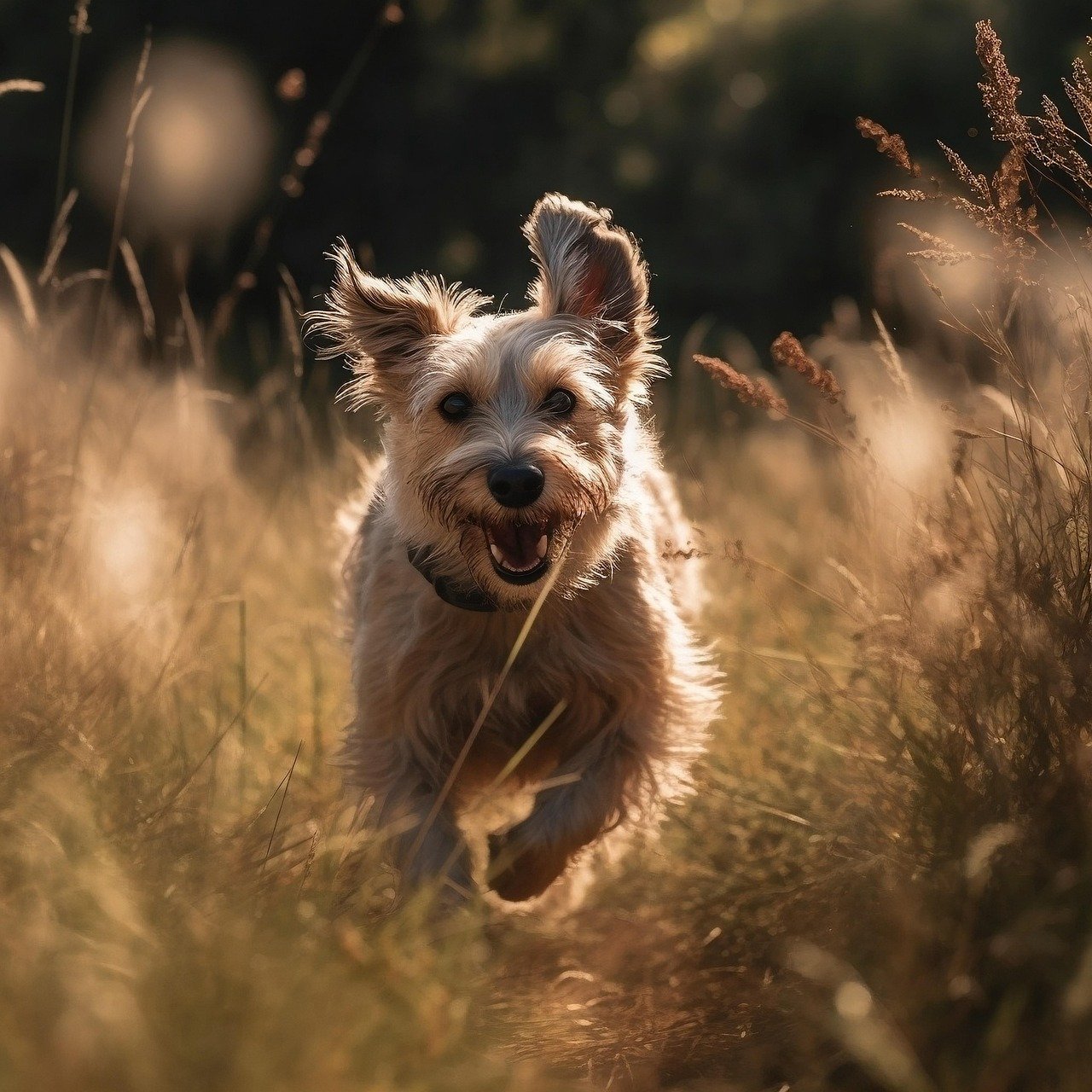
Yorkies are tiny watchdogs with big personalities. They often react to every creak or buzz with high-pitched barks or running to investigate. Their attachment to their humans means they want to protect—even if it’s just from the vacuum cleaner.
Routine and comfort can help. Try consistent feeding and play schedules, and give them a cozy space that feels safe. If your Yorkie seems overwhelmed, a gentle touch or soothing words can make a world of difference.
10. Australian Shepherd
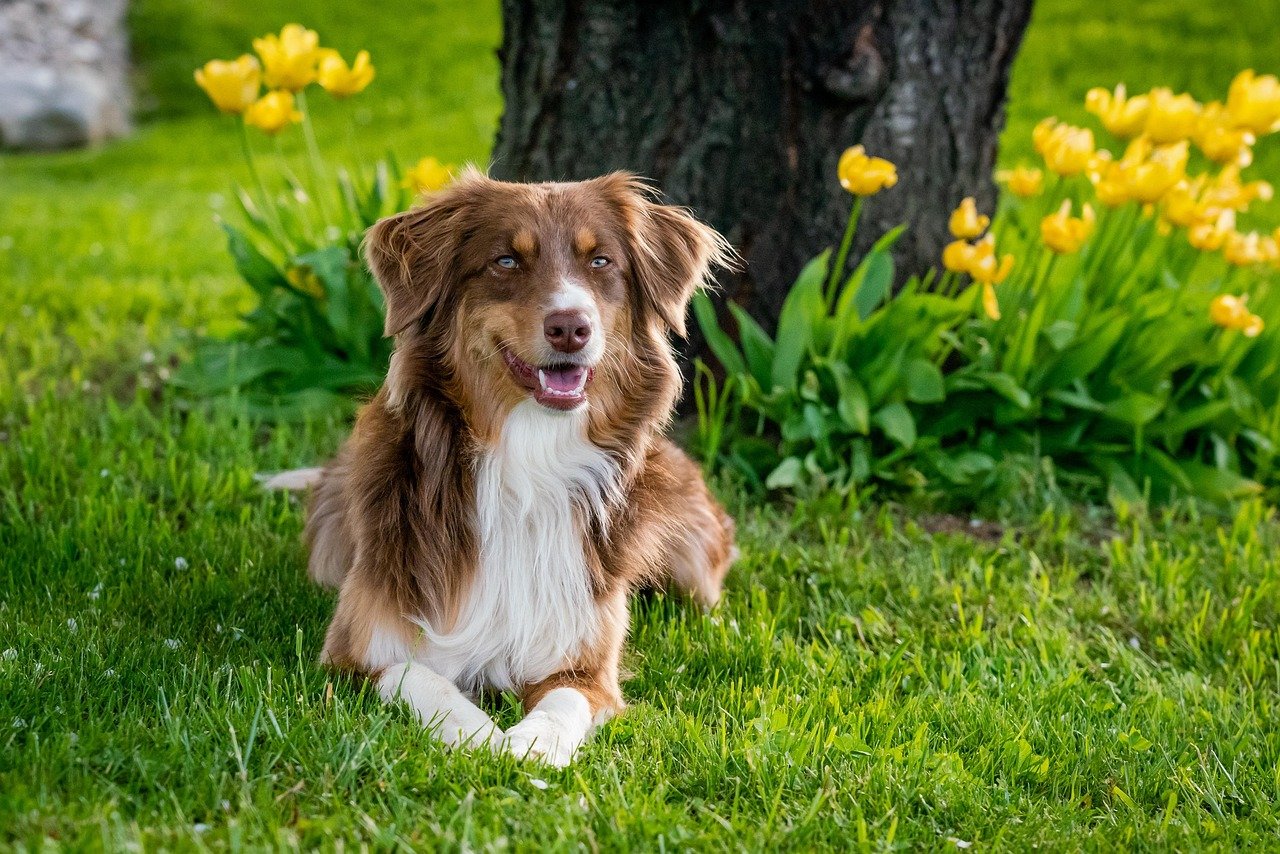
Aussies are energetic and incredibly bright, but that intelligence makes them sensitive to noise. They may bark, whine, or herd family members when startled by unexpected sounds, like thunder or neighbors talking outside.
Keep them active with regular exercise and mentally stimulating games. If your Aussie struggles with noise, start slow with sound desensitization and always celebrate calm behavior. A tired Aussie is far less likely to overreact to every little bump in the night.
Jen is a passionate nature lover and ocean conservationist. She has dedicated her life to protecting the environment and preserving the beauty of the natural world. Growing up in a small coastal town, Jen sincerely appreciated the ocean and its inhabitants. She has spent countless hours exploring the shoreline, learning about the creatures that inhabit the waters, and advocating for their protection. Jen is an active member of ocean conservation organizations, and she is committed to educating the public about the importance of conserving wildlife and the natural environment.





